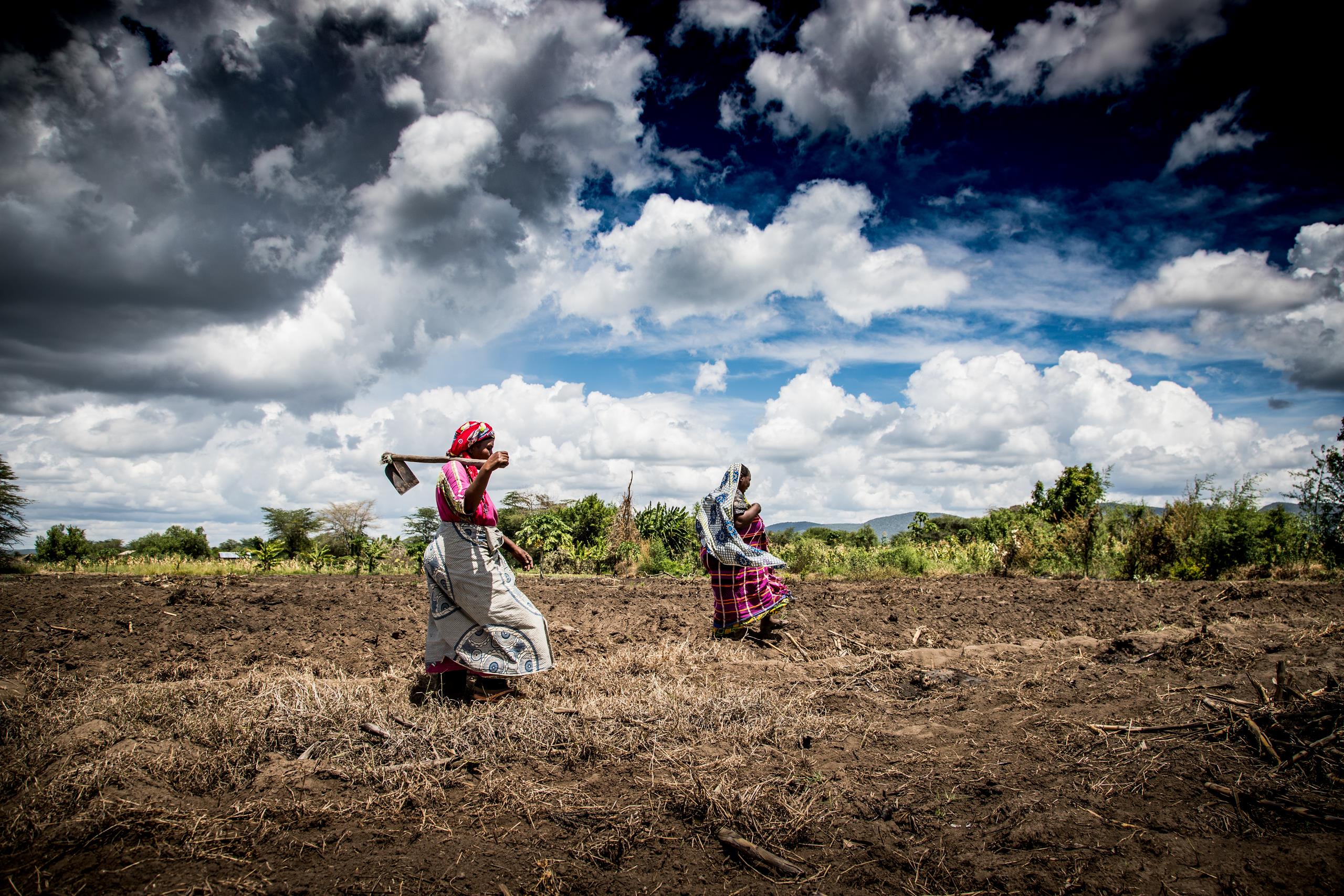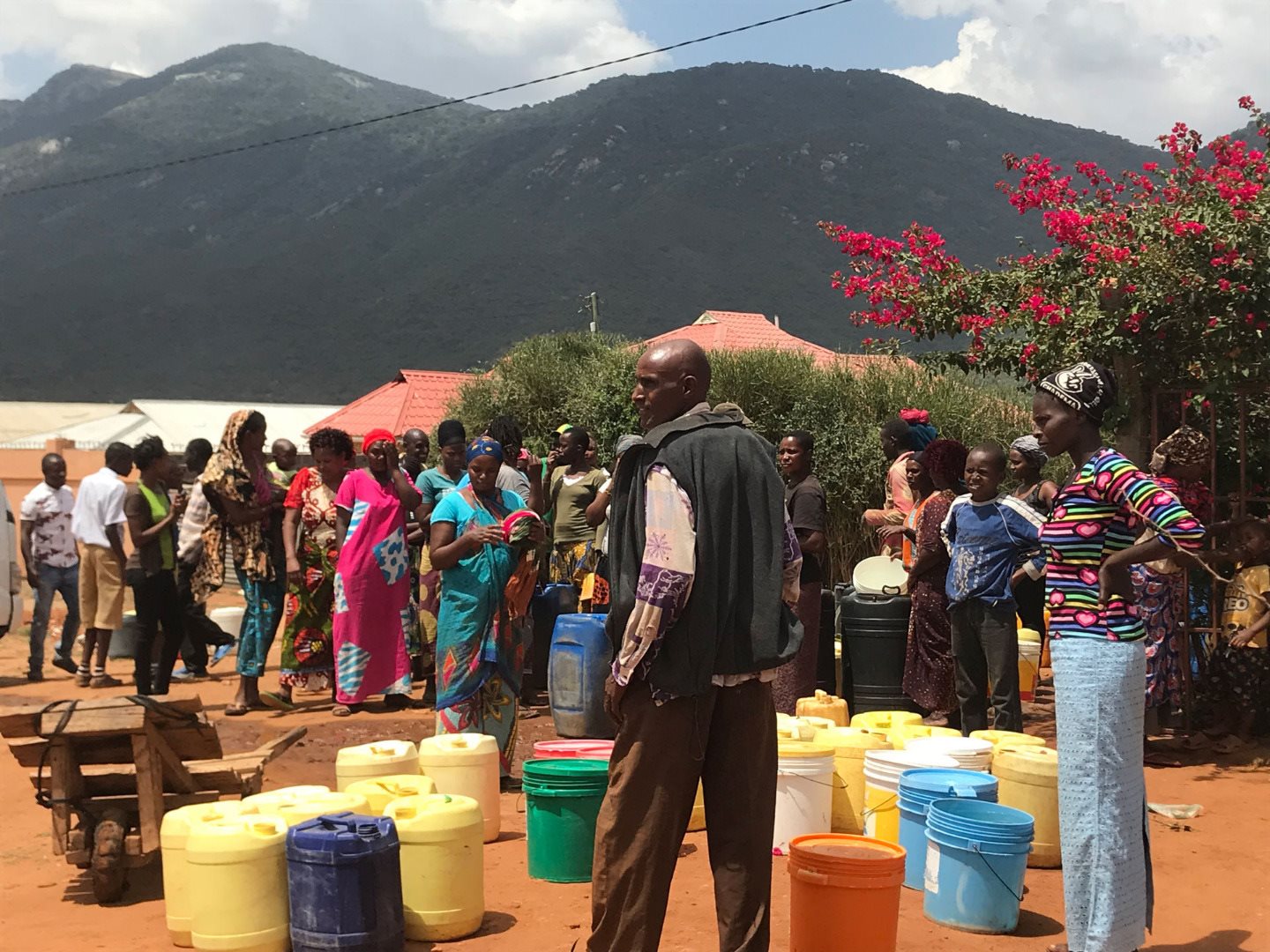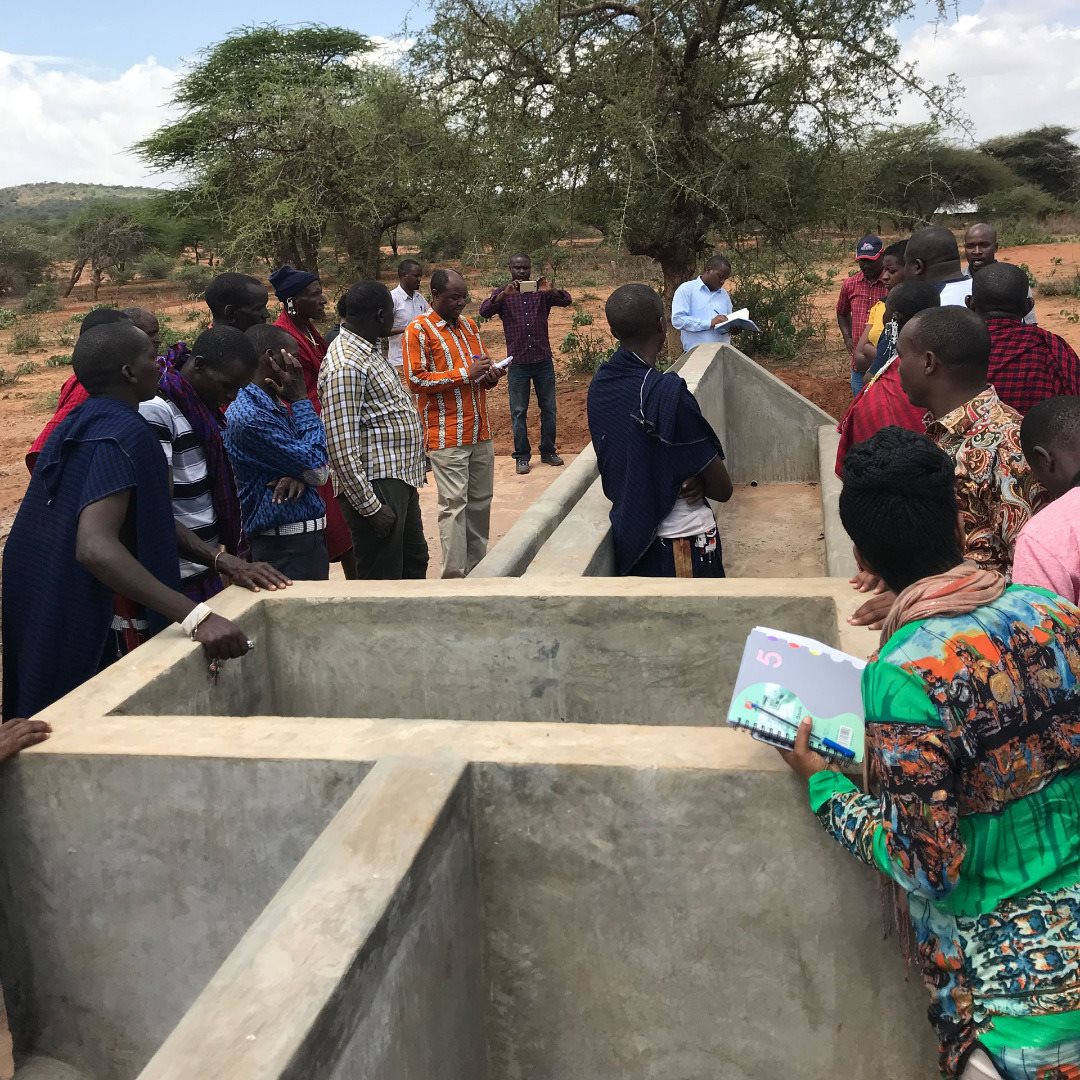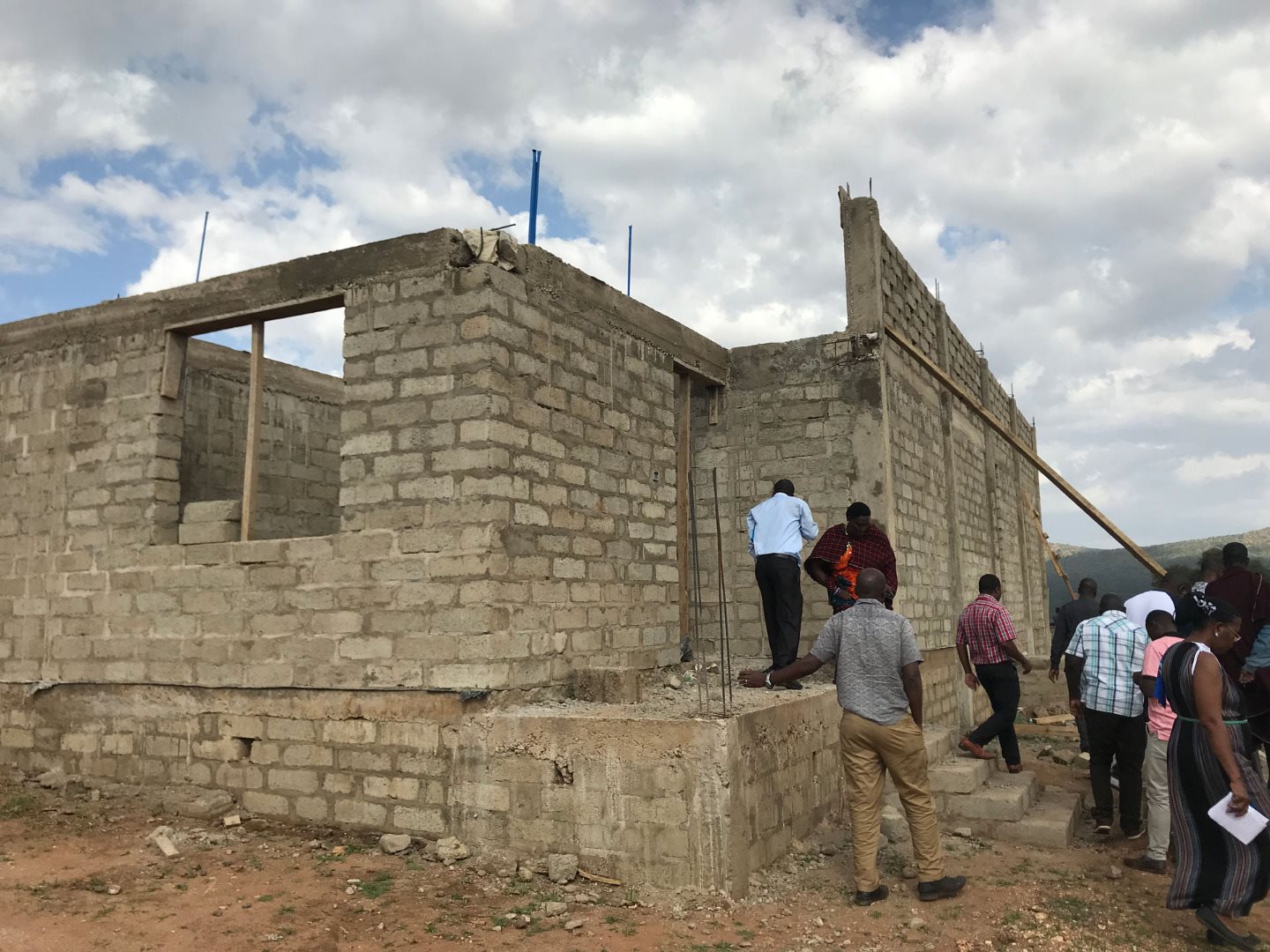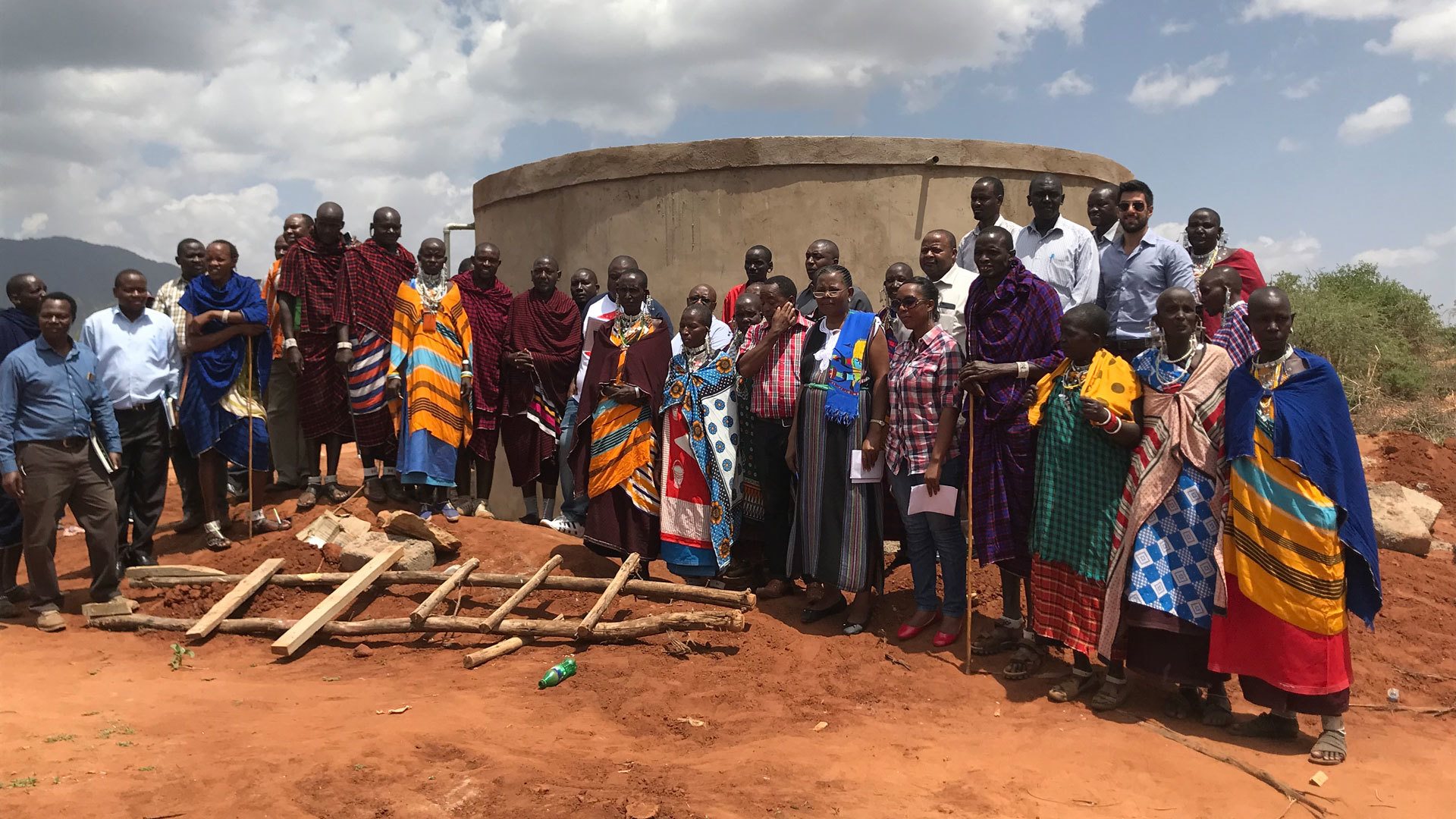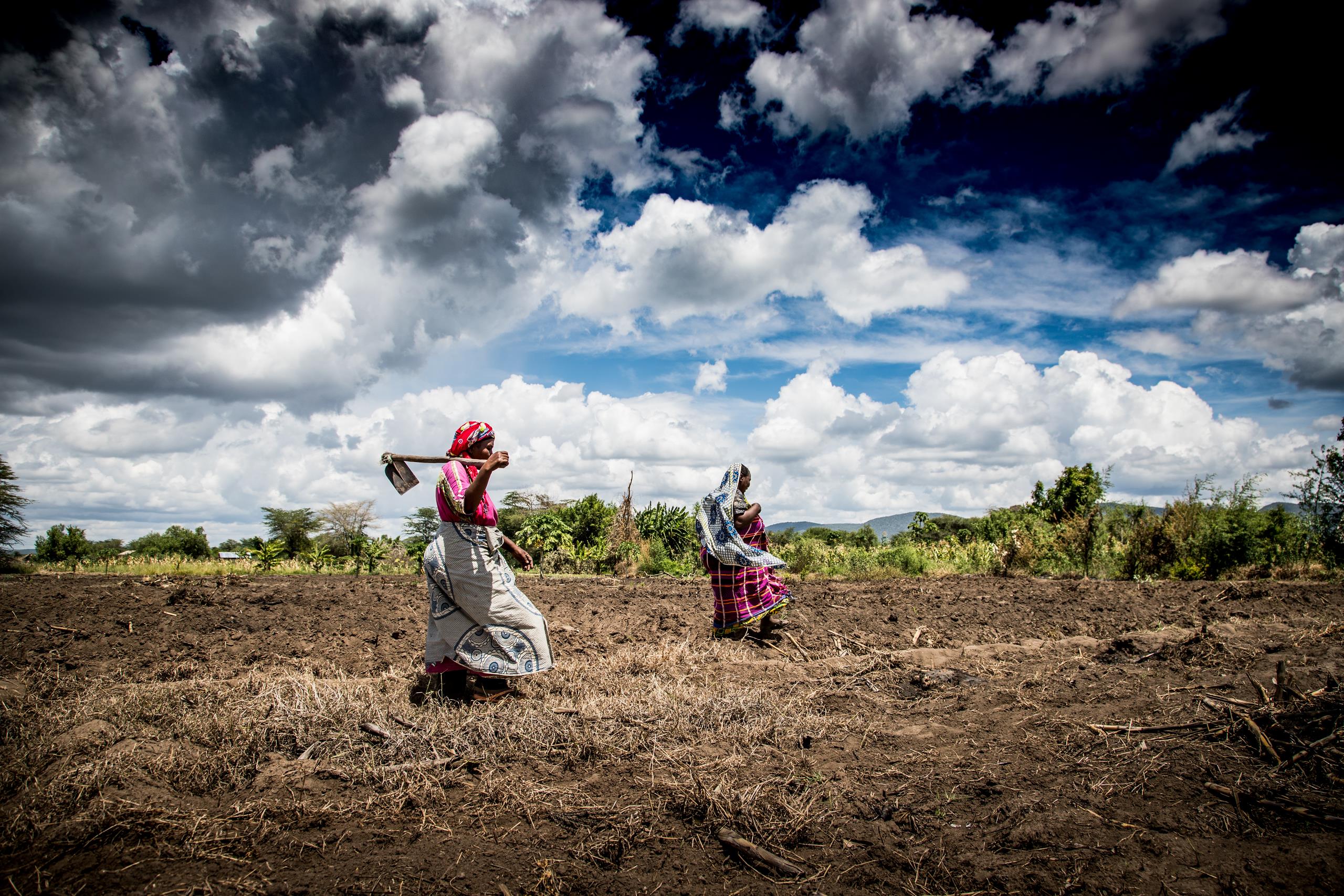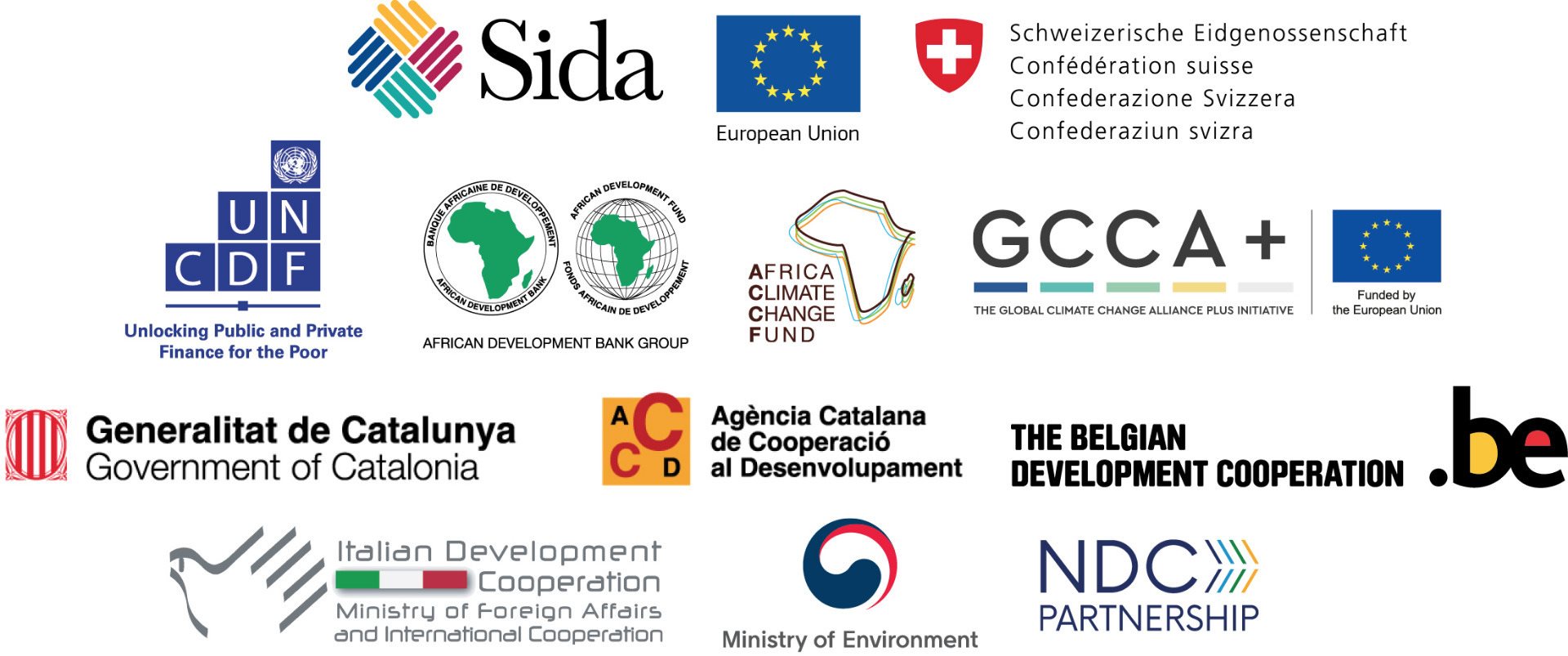National Response
Tanzania’s economic growth depends heavily on its environmental and natural resources, with more than 80 per cent of the population dependent on them for income generation. Critical challenges threaten these resources, including their unsustainable harvesting and use, unchecked cultivation practices, degradation of and encroachment on water sources, and the impacts of climate change and extreme weather events. Climate change – evident in 60 per cent of the country – is manifested in droughts, floods, sea level rise and increased water-borne diseases. Given these threats, the government sees an urgent need to protect and manage the environment and its natural resources. In 2012, Tanzania launched its National Climate Change Strategy.
The strategy covers adaptation, mitigation and cross-cutting interventions; and outlines the importance of establishing institutions and policies at the national level for climate change planning – including a climate change finance mechanism.
With UNCDF support, Tanzania has both an efficiently functioning system of local governments and a well-developed intergovernmental fiscal transfer system, which has introduced performance-based elements over the past decade. A policy of decentralization by devolution gives local governments significant roles and responsibilities in implementing government policies and programmes. This includes supporting efforts to achieve national development goals (e.g. Vision 2025), as well as international goals such as the Sustainable Development Goals and other regional and international protocols and development frameworks. As to its intergovernmental fiscal transfer system, Tanzania has been reforming and strengthening it to include considerations on the impact of climate change and opportunities for climate change funding.
